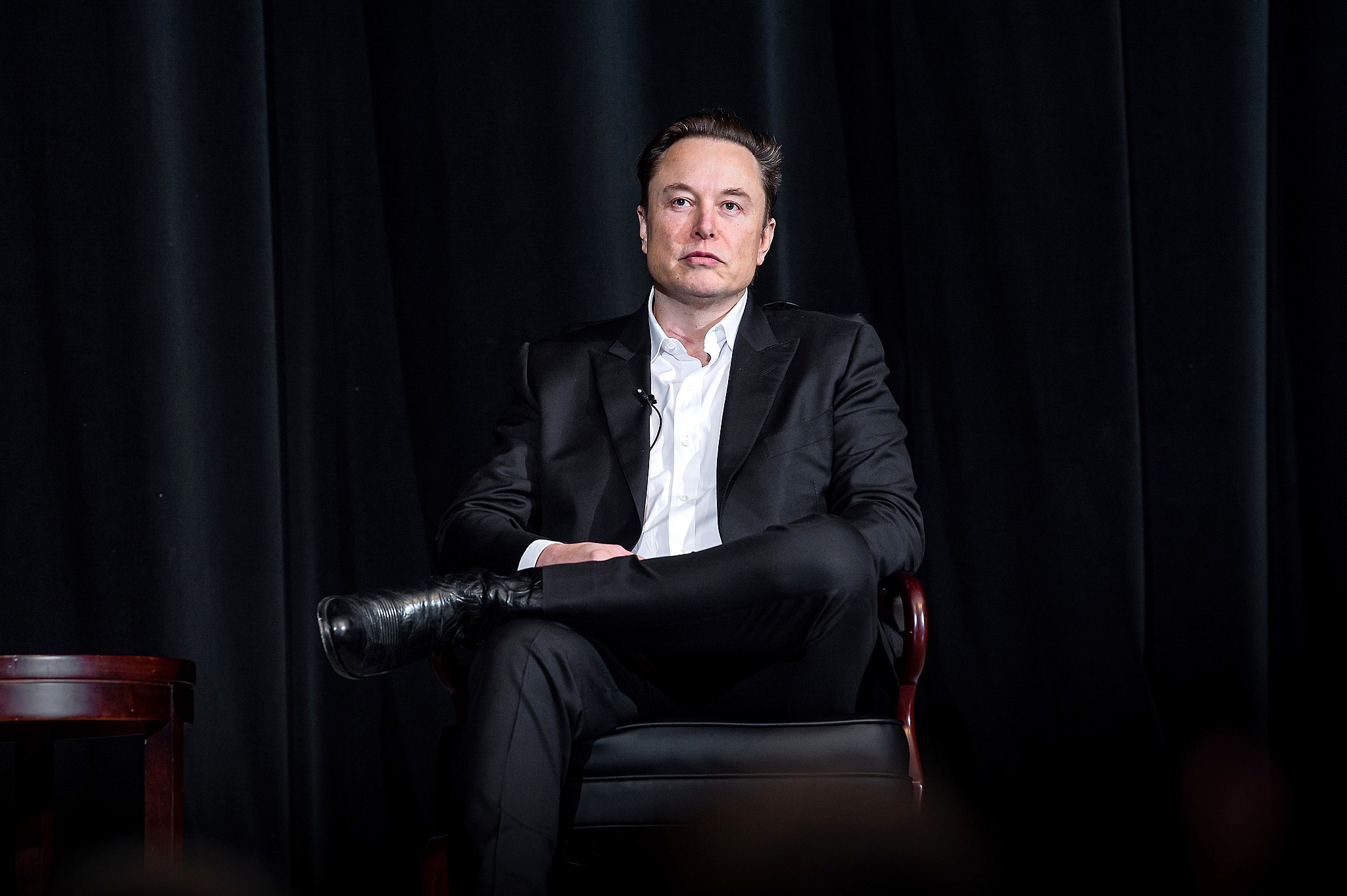
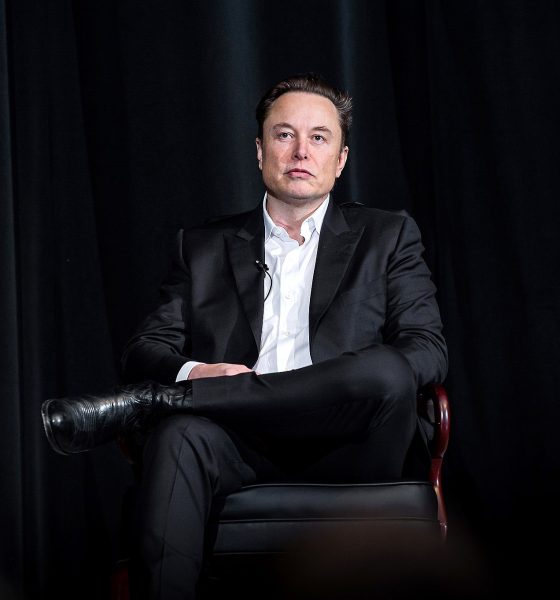
News
Elon Musk explains why SpaceX is asking the Pentagon to pay for Starlink service in Ukraine
Amidst reports that Elon Musk had asked the Pentagon to pay for Starlink service in Ukraine, the SpaceX CEO explained on Twitter that the private space company cannot really fund the beleaguered country’s satellite internet system “indefinitely.”
Musk’s remarks on Ukraine’s Starlink service comes after he infuriated many Ukrainians with a proposed peace plan to end Russia’s war in the nation. The plan involved redoing elections of annexed regions under UN supervision and Ukraine maintaining its neutrality. Musk’s suggestions have been widely panned, both by Ukraine officials and ardent supporters of Tesla and SpaceX.
In a recent tweet, Musk noted that SpaceX is not really looking to recoup its past expenses, but the company also cannot fund the existing system indefinitely. The SpaceX CEO also mentioned that some terminals in Ukraine have up to 100X the data usage of typical Starlink users.
“SpaceX is not asking to recoup past expenses, but also cannot fund the existing system indefinitely *and* send several thousand more terminals that have data usage up to 100X greater than typical households. This is unreasonable,” Musk wrote.
Musk also explained that Starlink is still far from profitable, so supporting Ukraine’s satellite internet for free indefinitely is not something that the private space firm can do right now. He added that it’s very difficult for a LEO communications constellation to avoid bankruptcy, so SpaceX has to focus to ensure that Starlink survives.
Musk shared that so far, SpaceX is closing in on spending about $20 million per month on Ukraine’s Starlink satellite internet service. “In addition to terminals, we have to create, launch, maintain & replenish satellites & ground stations & pay telcos for access to Internet via gateways. We’ve also had to defend against cyberattacks & jamming, which are getting harder. Burn is approaching ~$20M/month,” Musk wrote.
But while Musk has expressed valid concerns about why SpaceX cannot continue to fund free satellite internet in Ukraine, a later comment on Twitter suggests that the CEO’s decision may partly be fueled by a rather personal reason. When Musk posted his proposed peace plan between Ukraine and Russia, several Ukrainian officials called out the CEO. Some, such as President Volodymyr Zelenskiy, opted for a restrained response. Others took a far bolder approach.
Among them was Ukraine’s outgoing ambassador to Germany, Andrij Melnyk. When Musk noted that many would likely die if Ukraine and Russia could not reach a peace deal, Melnyk noted that “The only outcome is that now no Ukrainian will EVER buy your f***ing Tesla crap. So good luck to you, Elon Musk.” In a later comment, the ambassador also noted that “F*ck off is my very diplomatic reply to you, Elon Musk.”
When Melnyk’s previous comments were mentioned on Twitter, Musk responded, “We’re just following his recommendation.”
Don’t hesitate to contact us with news tips. Just send a message to simon@teslarati.com to give us a heads up.

News
Tesla rolls out new Supercharging safety feature in the U.S.
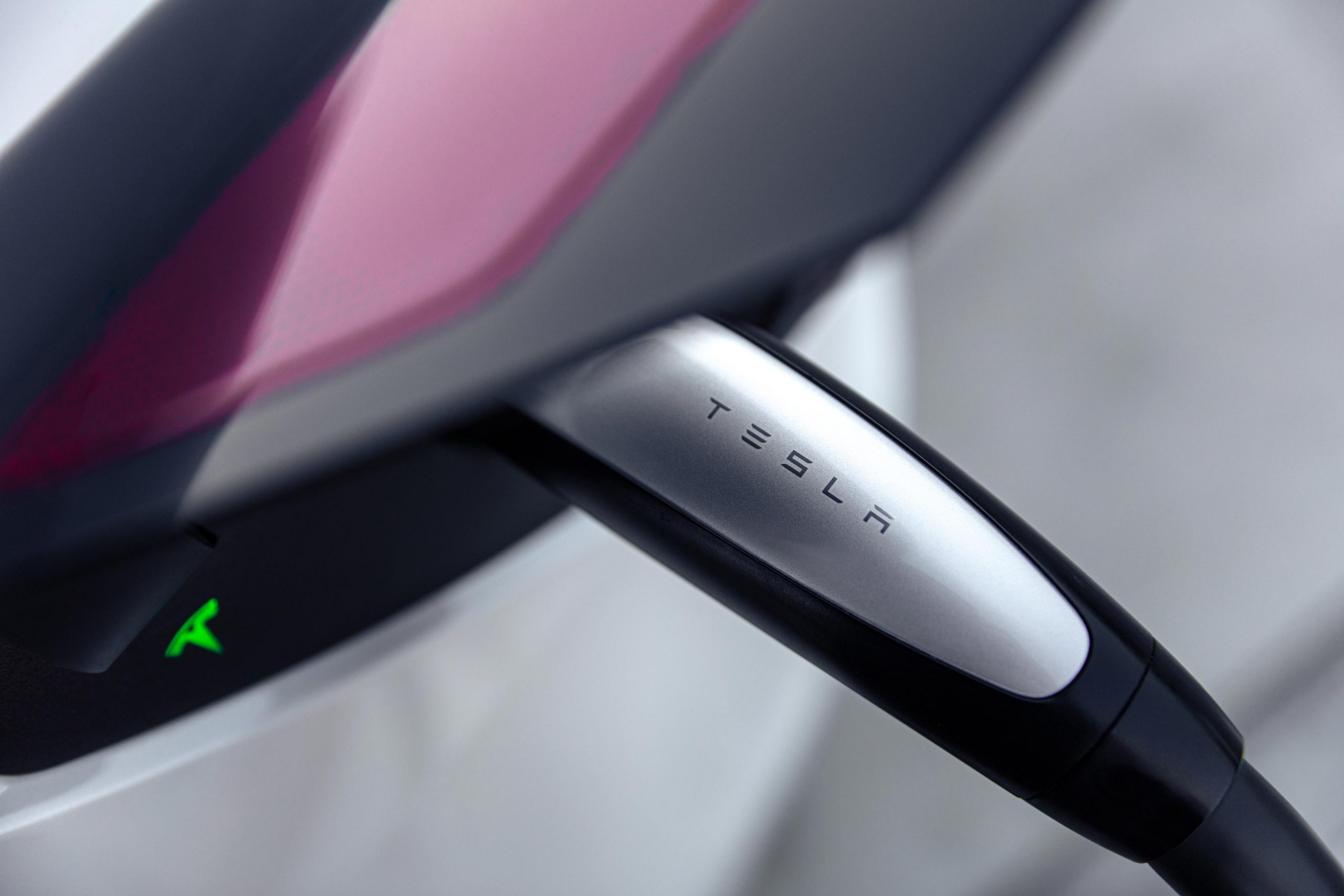
Tesla has rolled out a new Supercharging safety feature in the United States, one that will answer concerns that some owners may have if they need to leave in a pinch.
It is also a suitable alternative for non-Tesla chargers, like third-party options that feature J1772 or CCS to NACS adapters.
The feature has been available in Europe for some time, but it is now rolling out to Model 3 and Model Y owners in the U.S.
With Software Update 2026.2.3, Tesla is launching the Unlatching Charge Cable function, which will now utilize the left rear door handle to release the charging cable from the port. The release notes state:
“Charging can now be stopped and the charge cable released by pulling and holding the rear left door handle for three seconds, provided the vehicle is unlocked, and a recognized key is nearby. This is especially useful when the charge cable doesn’t have an unlatch button. You can still release the cable using the vehicle touchscreen or the Tesla app.”
The feature was first spotted by Not a Tesla App.
This is an especially nice feature for those who commonly charge at third-party locations that utilize plugs that are not NACS, which is the Tesla standard.
For example, after plugging into a J1772 charger, you will still be required to unlock the port through the touchscreen, which is a minor inconvenience, but an inconvenience nonetheless.
Additionally, it could be viewed as a safety feature, especially if you’re in need of unlocking the charger from your car in a pinch. Simply holding open the handle on the rear driver’s door will now unhatch the port from the car, allowing you to pull it out and place it back in its housing.
This feature is currently only available on the Model 3 and Model Y, so Model S, Model X, and Cybertruck owners will have to wait for a different solution to this particular feature.
News
LG Energy Solution pursuing battery deal for Tesla Optimus, other humanoid robots: report
Optimus is expected to be one of Tesla’s most ambitious projects, with Elon Musk estimating that the humanoid robot could be the company’s most important product.
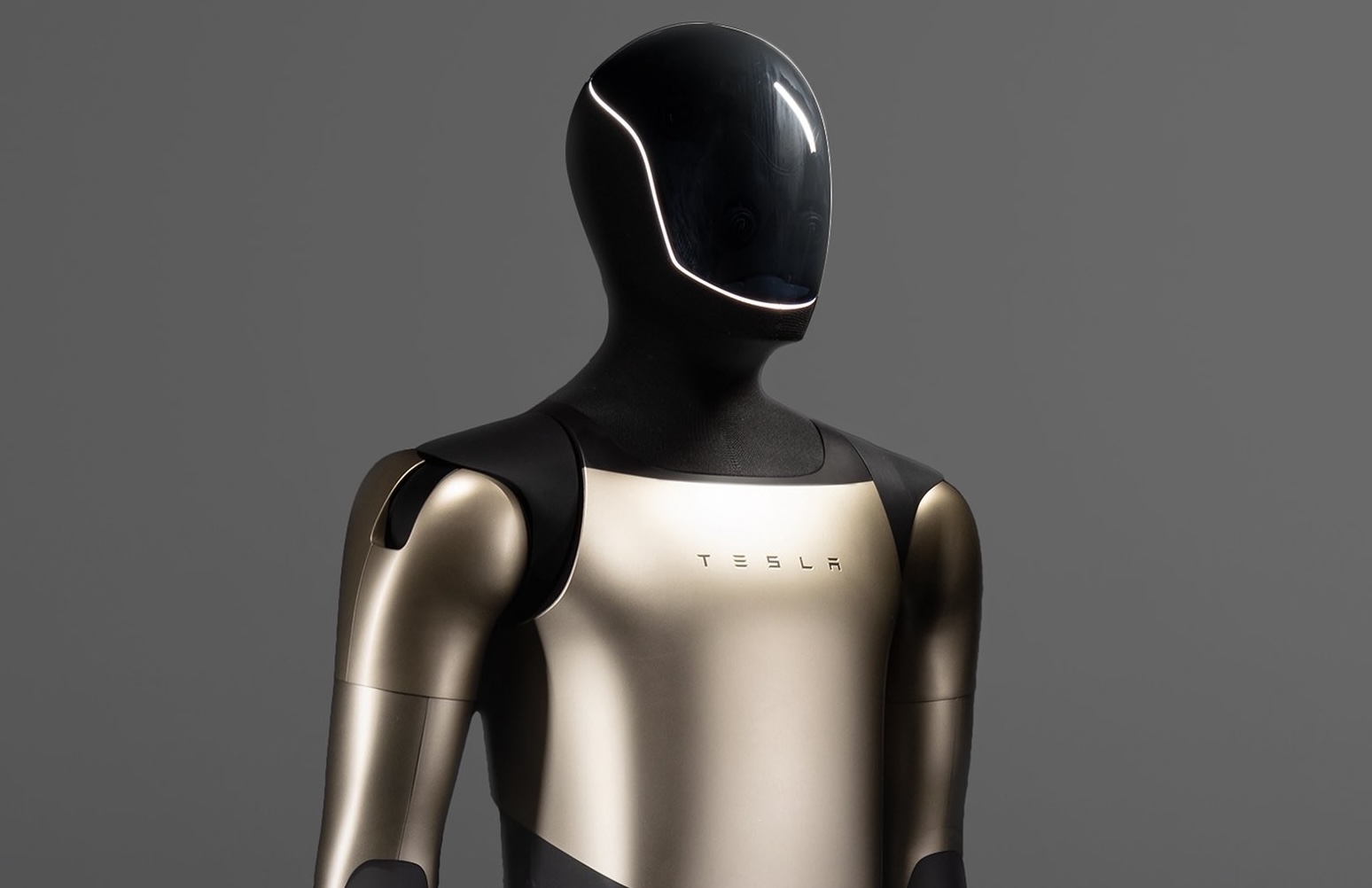
A recent report has suggested that LG Energy Solution is in discussions to supply batteries for Tesla’s Optimus humanoid robot.
Optimus is expected to be one of Tesla’s most ambitious projects, with Elon Musk estimating that the humanoid robot could be the company’s most important product.
Humanoid robot battery deals
LG Energy Solution shares jumped more than 11% on the 28th after a report from the Korea Economic Daily claimed that the company is pursuing battery supply and joint development agreements with several humanoid robot makers. These reportedly include Tesla, which is developing Optimus, as well as multiple Chinese robotics companies.
China is already home to several leading battery manufacturers, such as CATL and BYD, making the robot makers’ reported interest in LG Energy Solution quite interesting. Market participants interpreted the reported outreach as a signal that performance requirements for humanoid robots may favor battery chemistries developed by companies like LG.
LF Energy Solution vs rivals
According to the report, energy density is believed to be the primary reason humanoid robot developers are evaluating LG Energy Solution’s batteries. Unlike electric vehicles, humanoid robots have significantly less space available for battery packs while requiring substantial power to operate dozens of joint motors and onboard artificial intelligence processors.
LG Energy Solution’s ternary lithium batteries offer higher energy density compared with rivals’ lithium iron phosphate (LFP) batteries, which are widely used by Chinese EV manufacturers. That advantage could prove critical for humanoid robots, where runtime, weight, and compact packaging are key design constraints.
News
Tesla receives approval for FSD Supervised tests in Sweden
Tesla confirmed that it has been granted permission to test FSD Supervised vehicles across Sweden in a press release.
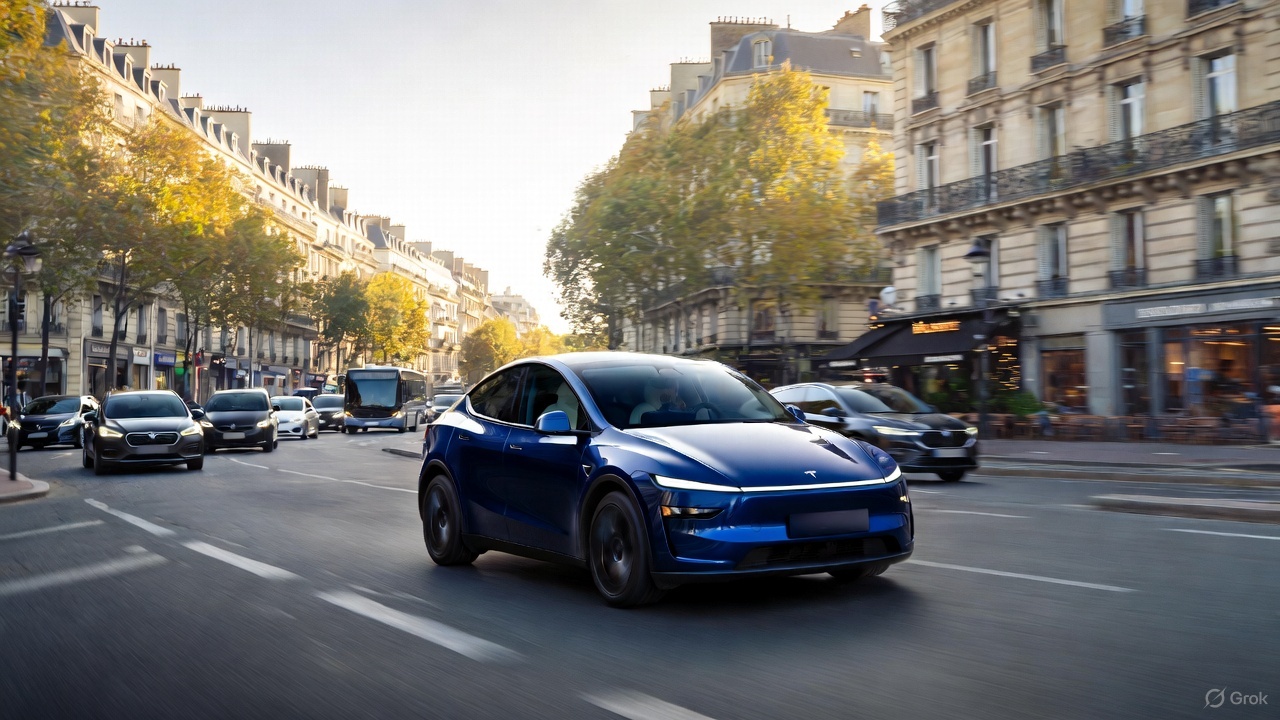
Tesla has received regulatory approval to begin tests of its Full Self-Driving Supervised system on public roads in Sweden, a notable step in the company’s efforts to secure FSD approval for the wider European market.
FSD Supervised testing in Sweden
Tesla confirmed that it has been granted permission to test FSD Supervised vehicles across Sweden following cooperation with national authorities and local municipalities. The approval covers the Swedish Transport Administration’s entire road network, as well as urban and highways in the Municipality of Nacka.
Tesla shared some insights into its recent FSD approvals in a press release. “The approval shows that cooperation between authorities, municipalities and businesses enables technological leaps and Nacka Municipality is the first to become part of the transport system of the future. The fact that the driving of the future is also being tested on Swedish roads is an important step in the development towards autonomy in real everyday traffic,” the company noted.
With approval secured for FSD tests, Tesla can now evaluate the system’s performance in diverse environments, including dense urban areas and high-speed roadways across Sweden, as noted in a report from Allt Om Elbil. Tesla highlighted that the continued development of advanced driver assistance systems is expected to pave the way for improved traffic safety, increased accessibility, and lower emissions, particularly in populated city centers.
Tesla FSD Supervised Europe rollout
FSD Supervised is already available to drivers in several global markets, including Australia, Canada, China, Mexico, New Zealand, and the United States. The system is capable of handling city and highway driving tasks such as steering, acceleration, braking, and lane changes, though it still requires drivers to supervise the vehicle’s operations.
Tesla has stated that FSD Supervised has accumulated extensive driving data from its existing markets. In Europe, however, deployment remains subject to regulatory approval, with Tesla currently awaiting clearance from relevant authorities.
The company reiterated that it expects to start rolling out FSD Supervised to European customers in early 2026, pending approvals. It would then be unsurprising if the company secures approvals for FSD tests in other European territories in the coming months.








